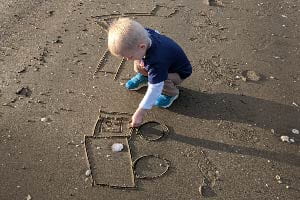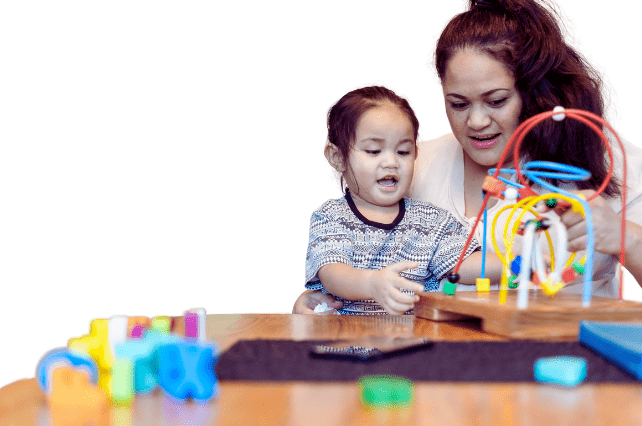
Children’s Vision Surveys
Improving access to eye health care in AotearoaAre children's vision screening services effective?
Vision screening services are funded for New Zealand primary school children before they begin school and in Year 7. However, these screening services aim to detect children with a particular level of reduced vision and may not detect children who have other vision problems that could affect their learning. We also know that vision screening services are less accessible to some groups of children. This means that many children may not be receiving the eye care that they need to learn at school.
How will our research improve children's vision?
To improve New Zealand’s vision screening services, we first need to know how many children need eye care, what types of problems they have, and where they live within Aotearoa. We also need to know whether they face any barriers to accessing screening or eye care services. Unfortunately, New Zealand does not currently have high-quality research data that addresses these questions.
Our children's vision surveys
We are conducting two population-based eye health surveys in school-aged children. These surveys are the first of their kind in Aotearoa and will provide important information that we can use to improve children’s vision screening or eye care services in the future.
Survey of 7-year-old school children
We are travelling around New Zealand to ~100 schools in Auckland, Waikato, Taranaki, and West Coast. Children receive eye examinations, as well as other measurements of their reading and learning. This survey will allow us to estimate the number of children who have refractive error or other vision problems, and whether this might be affecting their learning during their early primary school years.
Survey of 12-year-old school children
The next phase of our research is the Vision for Learning: integrating eyecare throughout childhood in NZ project. We will extend our survey to 12-year-old children, focusing on Māori and Pacific children and those living in areas with high levels of deprivation. This work will help us understand which eye conditions are most common in this group of children, and is important because a several serious, sight-threatening eye conditions (including myopia and keratoconus) can be detected and treated in this age group. We will work with whānau, communities, educators and health care providers to improve how children with eye conditions are detected and treated.
About children’s vision screening in Aotearoa
New Zealand children are offered publicly funded vision screening services when they begin school (via the nationwide B4 School Check service) and again in Year 7 (ages 11-12, as part of the Well Child Tamariki Ora Programme). While these screening services are...
Vision screening in New Zealand pre-school children: is it equitable?
Key messages: The B4 School Check (B4SC) vision screening service is successfully delivered to most New Zealand preschool children. However, for some groups of children, the B4SC is less accessible and more likely to deliver an incomplete test measurement. This...
Research team

Joanna Black
Deputy Head of School

Rebecca Findlay
Research Fellow
Collaborators
School of Optometry and Vision Science, The University of Auckland:
Amelia Hardcastle, Dr Andrew Collins
Auckland Bioengineering Institute, The University of Auckland:
Dr Jason Turuwhenua
Iwi United Engaged Limited:
Misty Edmonds
Faculty of Medical and Health Sciences, The University of Auckland:
Dr Carol Chelimo
Faculty of Science, The University of Auckland:
Dr Claudia Rivera-Rodriguez
Institute of Education, Massey University:
Dr Nicola McDowell
Our supporters
The SOVS school screening programme and our children’s vision research has been made possible with the generous support of:
The Health Research Council of New Zealand (Health Delivery Project Grant: Joanna Black & Emerging Research Grant: Rebecca Findlay), CureKids, Vision Bus Aotearoa, Peter and Rae Fehl, Helen and Barbara Blake, and The OneSight EssilorLuxottica Foundation.




